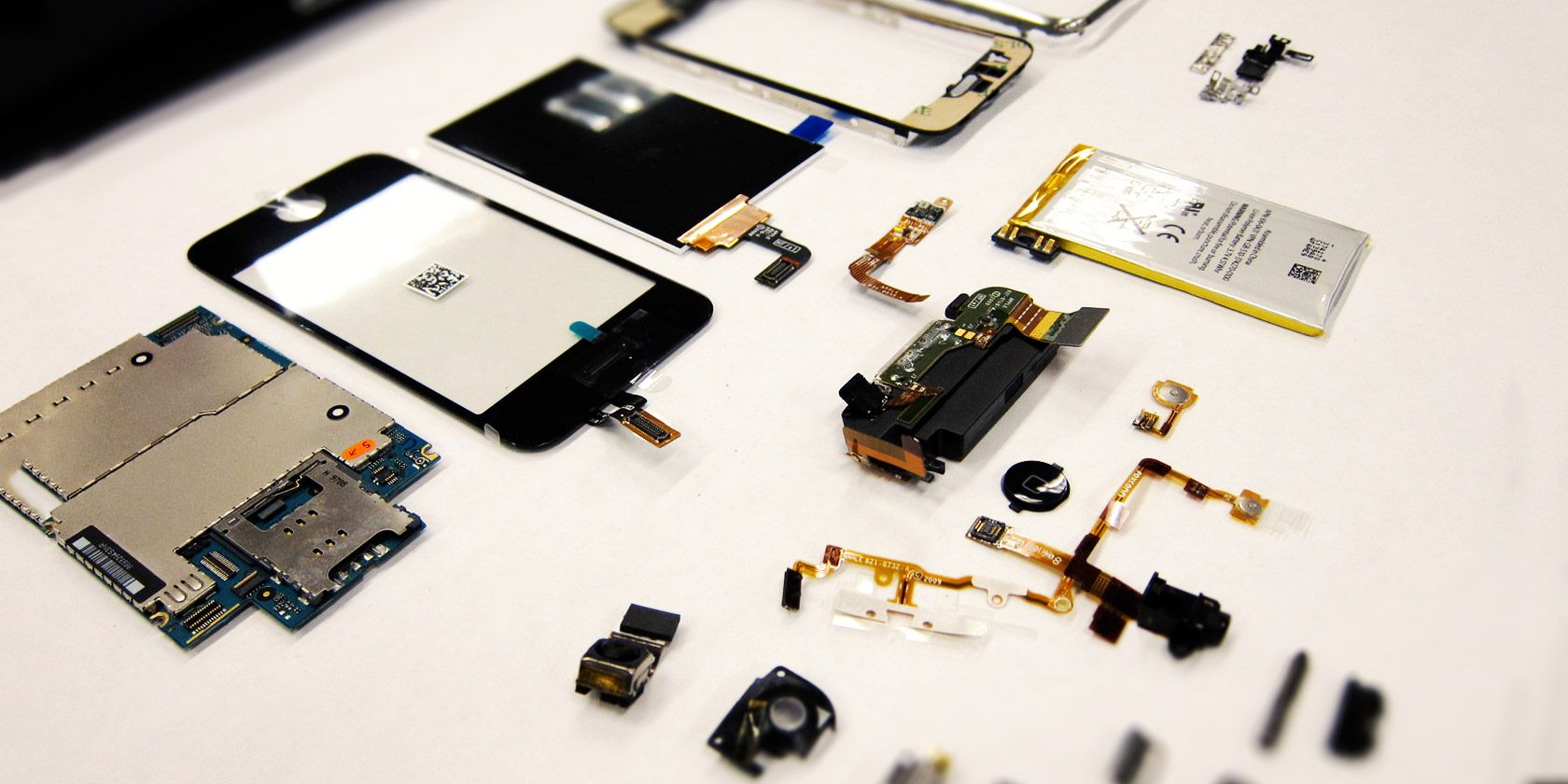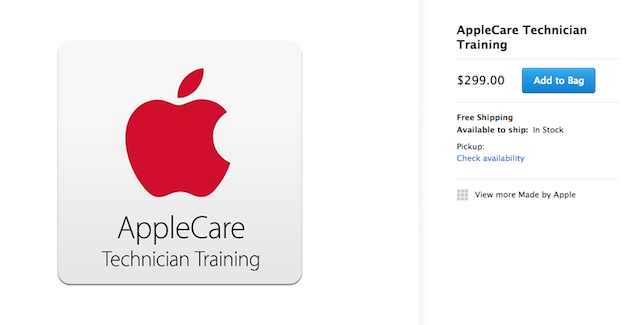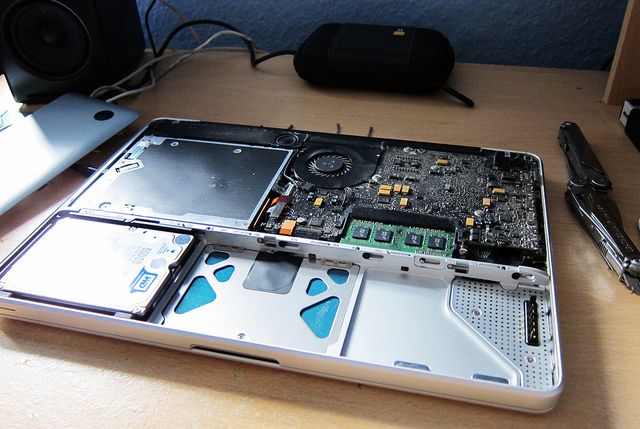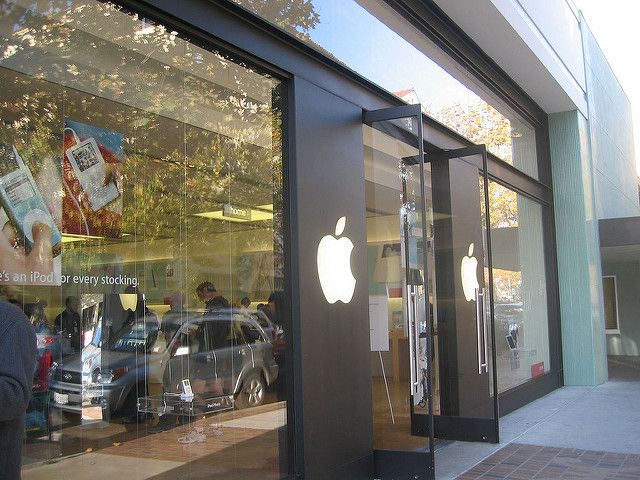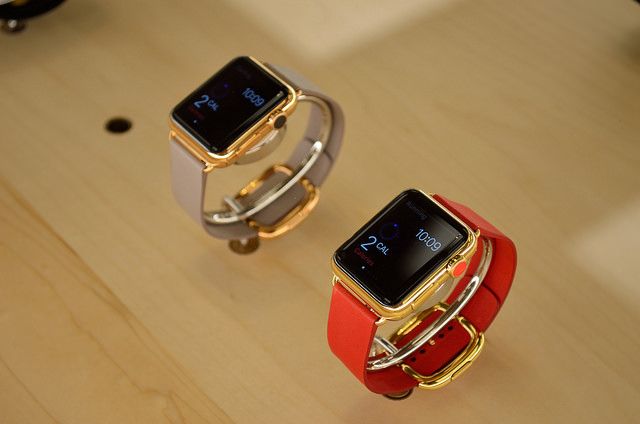For the second time this year, you've dropped your iPhone, causing your screen to crack like an unswept spiders web. You're not that concerned. Like many people, you bought AppleCare+ when you picked up your brand-new handset at the Apple Store. This gives you up to two replacement devices for a $99 deductible.
But what if you could fix your iPhone yourself? What does it take to become a certified Apple repairman? And is it worth pursuing as a career?
Getting Started as an AppleCare Technician
Like most things in the iWorld, getting qualified as an AppleCare technician is incredibly expensive. Members of the general public have to purchase the training material that teaches you how to diagnose and repair iDevices. This is bought from the Apple Store for $299.00 [Broken URL Removed]. Those already employed at an Apple-authorized service facility get it through their workplace.
Although this is quite expensive, it's worth emphasizing that this is the whole AppleCare training package, and includes courses on Mac repair and maintenance. If you want to just become an Apple Certified iOS Technician (ACiT), you only need to pay attention to a fraction of the material. This is listed on the Apple website.
Then, you've got to learn it, and I don't mean "get familiar with it" but really learn it. If you want to call yourself an AppleCare-certified technician, you've got to become an expert. This makes sense. Apple is effectively staking their reputation on your ability, and you'll have to be able to independently diagnose problems, use diagnostic tools, and fix other people's hardware.
On top of that, the Apple Service Fundamentals Exam contains two separate sections on electrostatic discharge precautions, and safety. Candidates will have to score at least 10 out of 12 on each section in order to pass the exam. The cost to take these exams depends on the country you plan to take them in. In the US, it's $150 each, or $300 overall. If you fail the exam, you'll have to pay to retake it.
Pearson VUE administers the exams online. This means you don't have to make the effort to go to one of their testing centers, which are typically based in nondescript office buildings or on industrial estates. The test itself is open-book, and you're allowed to use whatever resource you want in order to answer the questions. Candidates are encouraged to use Apple references to help them answer the exam questions.
You'll then get your results on the spot. If you failed, my commiserations. These exams are hard and have a very low threshold for failure. You should get some feedback on the areas you were weakest on. Go back, study harder, and try again — but keep in mind it could be an expensive cycle if you keep failing the exam.
If you passed, congratulations. You've got an incredible career ahead of you, and will now be a more enticing hire for SSAs (Self-Servicing Accounts - these are institutions and universities which Apple allows to service its own hardware under warranty), as well as AASPs (Apple Authorized Service Providers).
How To Become An Apple Genius
In the retail world, the most coveted jobs are at the Apple Store. For a great many people, Apple is a religion, and getting a job with them is akin to joining the priesthood.
One of the most respected jobs you can get at Apple Retail is as a Genius. According to GlassDoor's review system, this pays on average $20.62 per hour, with raises that keep up with inflation. For a retail job, that's pretty reasonable money.
As a result, competition is fierce. According to cultofmac.com, it can take months for Apple Retail to call a candidate in for an interview. The same article says that "job advertisements posted by Apple have usually already been filled about 80% of the time by internal candidates before they even go up." This is because of an internal policy which says that all applications must be posted, even those that have been filled or promised to someone.
Before you start work as a Genius, you must first go through a grueling 14-day bootcamp, where you learn everything from how to diagnose broken machines, to interpersonal and customer service skills. In 2012, the Genius Training manual was leaked to Gizmodo's Sam Biddle. It's obvious from reading it that Apple emphasizes a standard level of customer service above pure technical skills.
There are other benefits to working from the Apple Store. Of course, you get significant discounts on hardware. According to Business Insider, this can be as much as $500 off the cost of a new Mac (excluding the super cheap Mac Mini, obviously), or $250 off an iPad.
There's also a liberal work culture. As long as you're wearing your Apple-issued T-shirt and nametag, you can wear pretty whatever you want. A prominent tattoo or facial piercing isn't grounds for dismissal like in some jobs. You'll also get first dibs whenever a new Apple product comes out, saving you from having to queue up at 6am.
Learn To Fix It Yourself
It's also possible to fix your own equipment without having to embark upon a new career or undertaking lengthy and expensive training. Unlike Apple's latest laptops, iDevices are surprisingly fixable, especially when compared to recent devices from HTC and Samsung. A plentiful supply of official and third-party spare parts are available online, so if you're feeling confident you can skip the extensive training regimen and have a go yourself.
Your first port of call should be iFixit, which has repair tutorials for a variety of devices, including iPhones and iPads. It also sells the tools you'll need, as well as a variety replacement components. Fair warning though, if you go down this path, you risk damaging your device, and you'll void any warranty (or AppleCare policy) that covers your device.
Are you tempted to get Apple-certified? Is "Genius" your ideal job title? Let us know in the comments below.
Image credit: iPhone disassembled by Andrew Mager via Flickr, macbook_insides (Jessica C)

